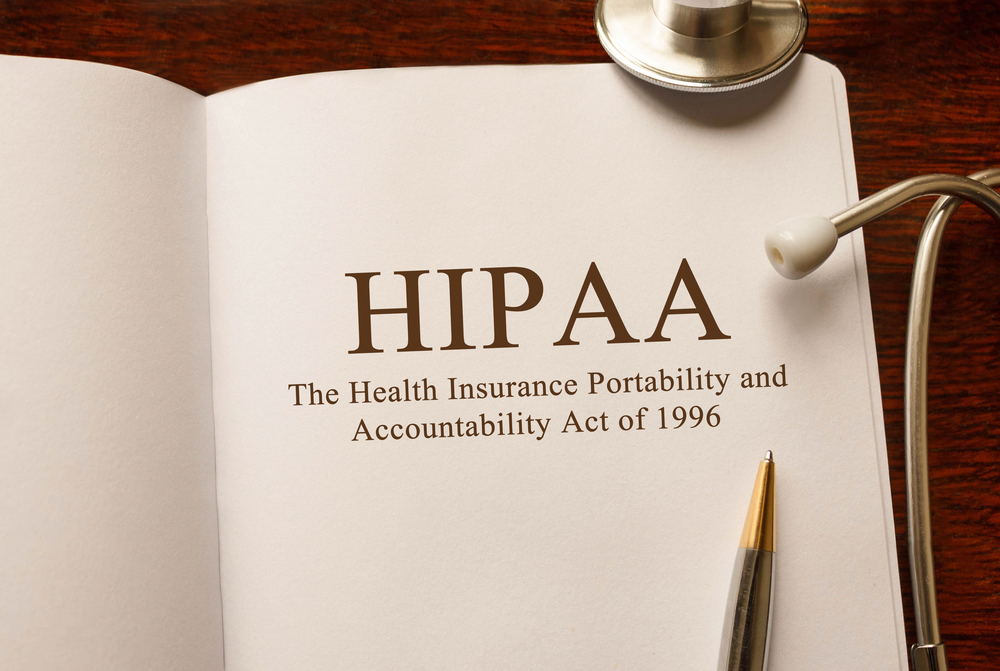A Way To Understand The Complexity Of HIPAA

In times of financial crisis, when people do not have a job, the health insurance covers the cost of the medical care. This is one of the purposes of the Health Insurance Portability and Accountability Act.
For the last twenty years The Health Insurance Portability and Accountability Act (or abbreviated HIPAA) guards the information related to patients (both kept in a physical folder and in a virtual cloud), and protects them from a fraud and abuse in healthcare. There are many purposes of the HIPAA. And you can learn about them in this article.

Yes, you are covered. Title I of the HIPAA refers to access to healthcare, portability and renewability. Whenever a worker loses a job or changes it, Title I protects his or her health care coverage. In other words, the insurance will help pay the expenses of the provided medical care for both the workers and workers’ families.
Also, if you want to enroll into a new health plan, you are protected from discrimination. For example, a new insurance provider is not allowed to demand that someone meets specific health standards (such as the blood pressure level or a cholesterol level etc.). In addition, the new insurance provider cannot deny your health insurance coverage based on your pre-existing medical condition. (The pre-existing medical condition is a condition that existed before an individual’s enrollment into a health plan.)
Even though HIPAA protects people with pre-existing medical condition, in some cases, health insurance does not have to cover it. And at times, the new employers neither offer health insurance nor does their health plan cover every pre-existing condition a worker has.
There are also some exceptions related to demand in meeting the certain health standards. For instance, the new employers can connect co-insurance plans (plans that cover a part of the healthcare services) to BMI (body mass index). Title I also does not require the health coverage in some plans such as the eyes insurance or dental unless these plans are offered by the new plans.
HIPAA’s Title II is about preventing the fraud and abuse in healthcare. The patients’ medical records that are stored electronically should stay private. This refers to the medical information stored by health providers, employers and health insurance providers. This does not apply in a few circumstances, for example, if a person’s medical record is used as evidence in court, a doctor gets the permission to share the information related to the patient’s health or a person is missing so their medical records are used to identify them.
There is an opportunity in special enrollment in a health plan when people lose eligibility for their health insurance coverage. People may lose their insurance in various situations, for example:
In addition, people have the rights for the special enrollment in a few occasions such as the marriage, the birth of a child (or adoption).
Administrative Safeguards include privacy policies and procedures. The individuals that are responsible for the privacy policies and procedures are:
Physical Safeguards protect the data from the unauthorized physical access to it. This refers to controlling the access to equipment that holds the medical information such as PC hardware and software, or medical records kept in physical folders, and other.
Technical Safeguards control the information systems within the medical facility. The IT professionals protect the e-data sent through the facility’s network. They ensure that the data is password-protected and that it needs an authentication to access it since any unauthorized access can change it or even delete it.
MSA (or a medical savings account) program can cover the cost of the medical care whether it’s a disability, an eye medical care or any other. Title III of the HIPAA determines the amount that an individual can save in MSA program. This savings account program is mostly used by the small businesses and people that are self-employed. The advantage of this health plan is the ability to withdraw money from the account without paying the tax for the withdrawal.
Title IV includes COBRA clarification and defines the requirements for the group insurance health plans. When someone stops working, the COBRA allows both former employee and his or her family to temporarily have the health insurance coverage. This kind of insurance usually costs more than the health coverage for the people that are employed. Benefits that are covered under COBRA are related to medical doctors’ care, a surgery and the prescription of medications.
HIPAA is important because it provides health care and protects people’s privacy. This Act is designed to help the patients and their families, so whenever you think that HIPAA rules are violated, you can contact the Office for Civil Rights and a solution will be found.
